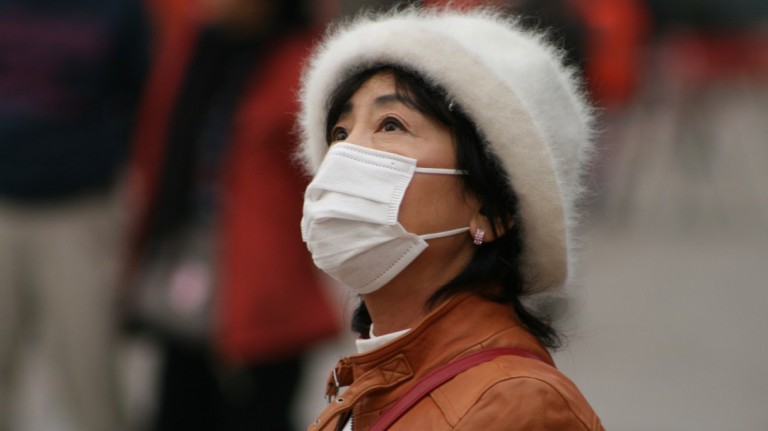Keeping global temperatures from rising more than 1.5˚C, instead of the standard 2˚C goal, could reduce deaths due to ambient air pollution.
The news: A study in Nature Climate Change analyzed the health benefits of reduced exposure to particulate matter and other pollution from fossil-fuel plants in 154 of the world’s biggest cities. Expediting the shift to clean energy could reduce levels enough to save as many as four million lives in Delhi, India, alone over the coming decades.
Bigger picture: There are many other reasons to strive for the lower temperature target, including decreasing the risks of far worse heat waves, droughts, wildfires, and more. A report in Environmental Research Letters earlier this month found that limiting temperature increases to 1.5 ˚C would also prevent sea-level rise from inundating land where some five million people live today.
But: Problem is, the world isn’t nearly on track to hit even the 2˚C target currently (see “At this rate, it’s going to take nearly 400 years to transform the energy system”).

